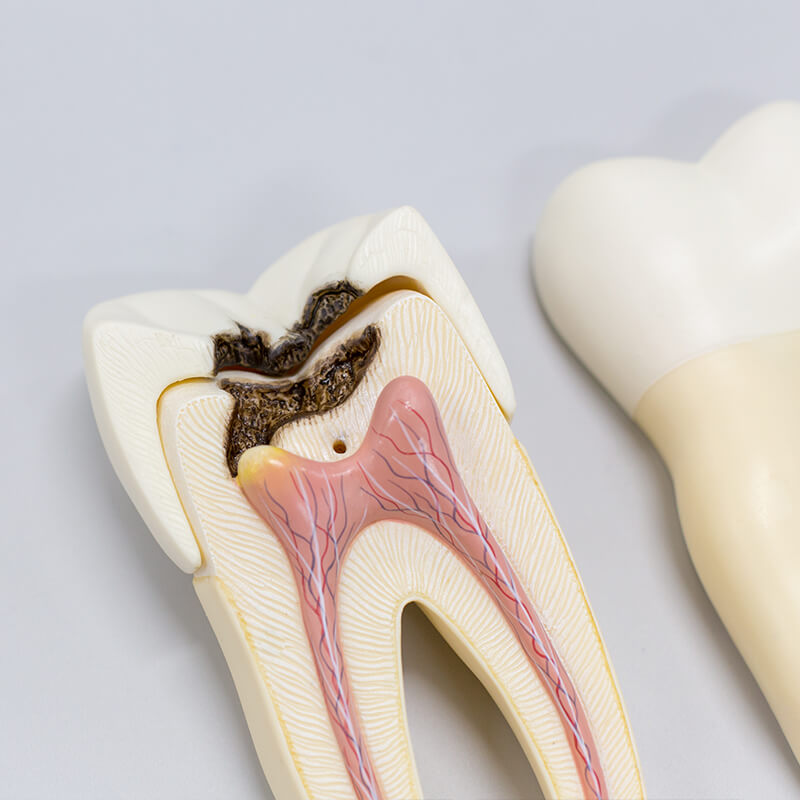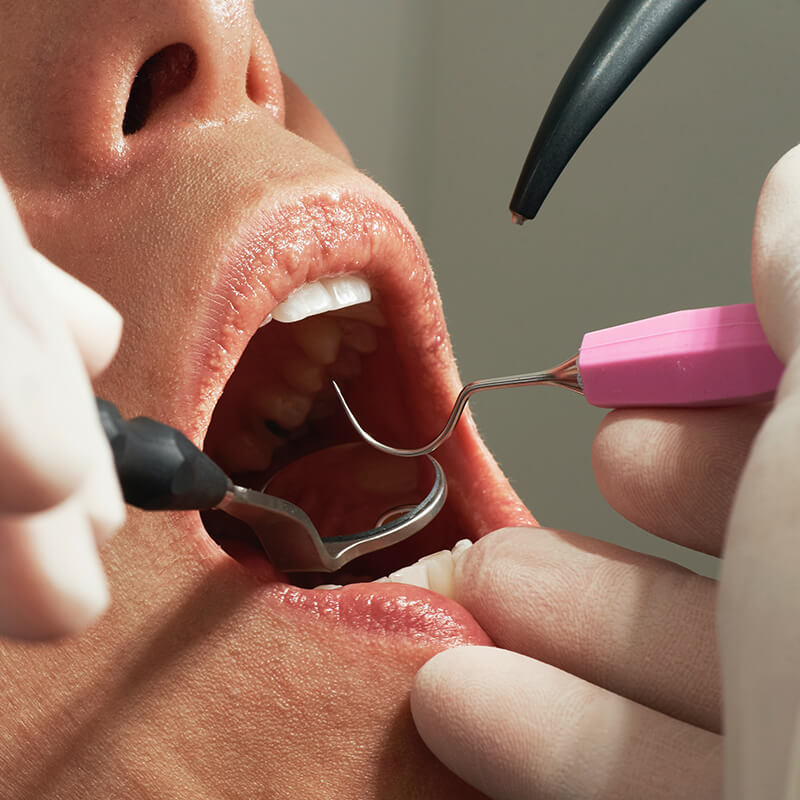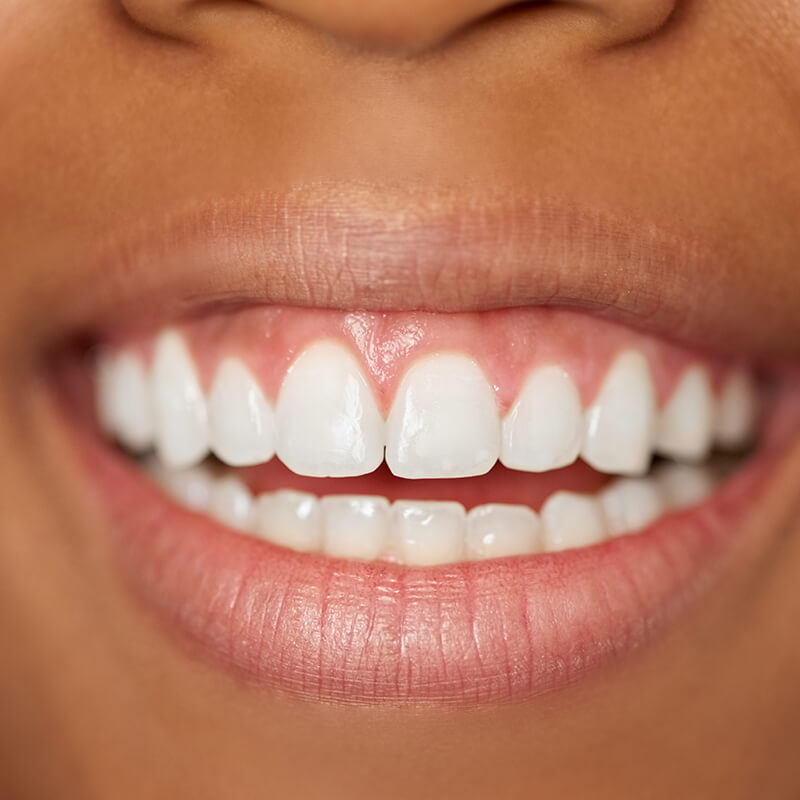TRAUMATIC DENTAL INJURIES
Experts in healing traumatic dental injuries
Traumatic Dental Injuries
An injured immature tooth may need one of the following procedures to improve the chances of saving the tooth due to a traumatic dental injuries.
APEXOGENESIS
This procedure encourages the root to continue development as the pulp is healed. Soft tissue is covered with medication to encourage growth. The tip of the root (apex) will continue to close as the child gets older. In turn, the walls of the root canal will thicken. If the pulp heals, no additional treatment will be necessary. The more mature the root becomes, the better the chance to save the tooth.
APEXIFICATION
In this case, the unhealthy pulp is removed. The doctor will use special medications to form a barrier at the end of the immature root. This will allow for adequate seal of the root canal system. At this point, the root canal walls will not continue to develop, making the tooth susceptible to fractures; so it is important to have the tooth properly restored by your dentist.
DISLODGED TEETH
Traumatic dental injuries to the mouth can cause teeth to be pushed back into their sockets. Your endodontist or general dentist may reposition and stabilize your tooth. Root canal treatment is usually started within a few weeks of the injury and a medication, such as calcium hydroxide, will be placed inside the tooth. Eventually, a permanent root canal filling will be placed.
Sometimes a tooth may be pushed partially out of the socket. Again, your endodontist or general dentist may reposition and stabilize your tooth. If the pulp remains healthy, then no other treatment is necessary. Yet, if the pulp becomes damaged or infected, root canal treatment will be required.
AVULSED TEETH
If traumatic dental injuries causes a tooth to be completely knocked out of your mouth, it is important that you are treated immediately! If this happens to you, keep the tooth moist. If possible, put it back into the socket. A tooth can be saved if it remains moist. You can even put the tooth in milk. It is critical to see your dentist immediately to have the tooth replanted. Your Endodontist may start root canal treatment based upon the stage of root development. The length of time the tooth was out of your mouth and the way the tooth was stored, may influence the type of treatment you receive.

Root Canal Therapy
Root canal therapy is a way to save your natural teeth and prevent the need for dental implants or bridges. Enquire now.

Endodontic ReTreatment
With the appropriate care, your teeth that have had endodontic treatment will last as long as other natural teeth.

Endodontic Microsurgery
Generally, a root canal is all that is needed to save teeth with an injured pulp from extraction but sometimes you need more.

Internal Bleaching
Internal bleaching is a technique that is used to whiten the appearance of endodontically treated teeth.

Root Canal FAQs
Dr. Jacobs and Dr. Ramesh have put together questions that they hears often from their patients.